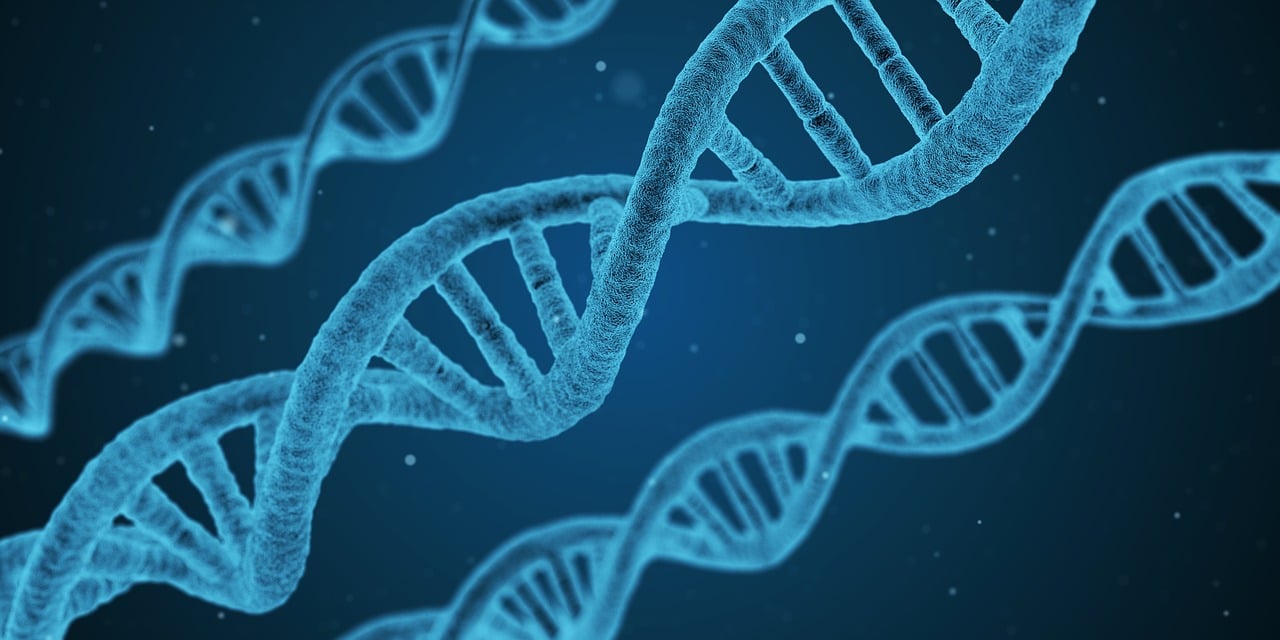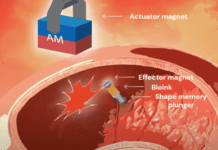This post is also available in:
 עברית (Hebrew)
עברית (Hebrew)
During the COVID-19 pandemic, as scientists turned to the biotech field for answers, it became apparent that nanotechnology and AI driven solutions can pave the way for human biological advancement.
By collecting huge amounts of data in a split second, smart technologies can help scientists discover new and previously unknown aspects of the human body and the world around us.
Cyber News writes that the convergence of science and technology is paving the way for innovative research projects that have the potential to transform our entire lives.
However, our previous experience with emerging technologies should have taught us some important lessons. Namely that moving fast and breaking things without thinking about the consequences could unwittingly lead to more problems than scientists set out to solve.
Scientists are currently focusing on ensuring that future generations will have access to basic human needs around health and nutrition. But it’s equally as critical to consider the moral implications of biological science along the way.
“Get it right, and we change the world for the better. But get it wrong, and we could be looking at disastrous consequences for the future citizens of the world.” Write Cyber News reporters.
For example, editing genes and embryos could change entire ecosystems and even species for the right reasons. However, it also raises moral questions, and we need to discuss on an international level how unequal access could exacerbate socioeconomic disparity and lead to other unintended consequences further down the line.


























